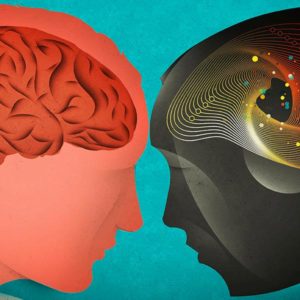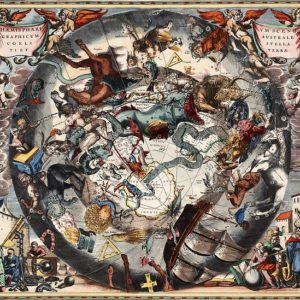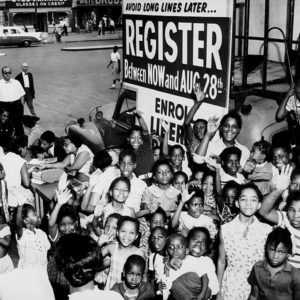
Panel Discussion: How Has Artificial Intelligence Challenged the Boundaries of Humanistic Thinking and How Might the Humanities Provide New Models for Artificial Intelligence?
Can AI have emotions, can machine learning models truly learn? Can AI systems be used to improve human moral judgments? How might collaboration between humanists and technologists produce more rigorous forms of learning and verification? These and other questions are the subject of a lively exchange between panelists Wendy Chun, Sebastian Liao, Safiya Umoja Noble, and Walter Sinnott-Armstrong.







